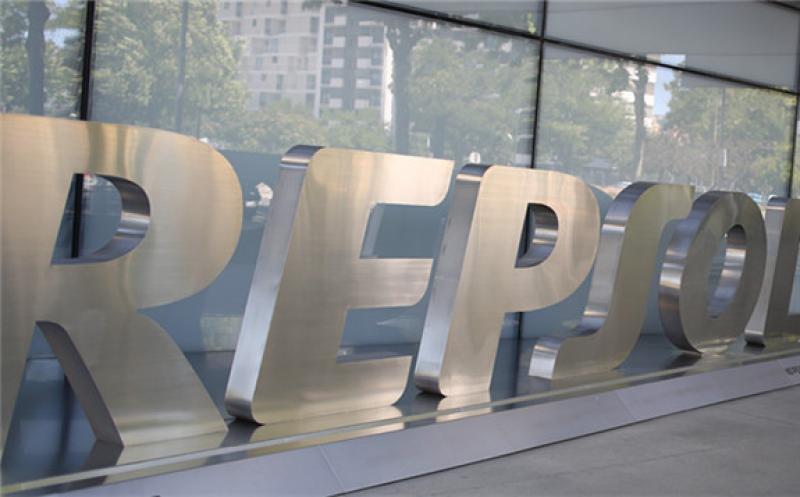Repsol has allied with Carbon-Zero, subsidiary of the company Cox Oil, to study the development of CO2 capture and storage projects (CCUS) on the coast of the Gulf of Mexico in the United States, one of the most prolific areas in power generation, industrial and petrochemical facilities in the country.

Specifically, multienergetics directed by Josu Jon Imaz will contribute its technical knowledge and global experience in this type of project to this alliance, after having been the first company in its sector in the world to announce a goal of net zero emissions by 2050 and already working on a pioneering capture and storage project of CO2 linked to the natural gas ‘megafield’ of Sakakemang on Indonesia.
Initially, the consortium will focus on capturing and storing emissions in the Louisiana area, where Cox Oil has operations in shallow waters of the United States Gulf of Mexico, reported the American company. This area happens to be a prime location for offshore carbon capture projects, with some of the highest concentrations of power generation, industrial and petrochemical facilities in the country. In addition, there are also many smaller private issuers that could be served by projects. CO2 capture and storage premises.
Repsol’s Director of Exploration for America, Thomas Zapata, highlighted the role of the group as “world leader in the development of innovative technology to promote the energy transition”, including projects such as CO2 capture and storage “aimed at reducing emissions in multiple sectors and industries.”
“We hope to bring our international experience and knowledge to the consortium to advance our shared sustainability goals in the United States, which is a central region for Repsol,” he added regarding the alliance. The development of technologies for the capture, use and storage of CO2 is part of the commitment of the company chaired by Antonio Brufau for all the use of all available technologies and for the development of those that allow a decarbonisation of all sectors, quickly and efficiently in costs, to achieve carbon neutrality by 2050.
Thus, together with this alliance, the group is evaluating CO2 capture and storage opportunities in its exploration and production assets. Specifically, it has launched a pioneering CO2 capture and storage project linked to the large Sakakemang natural gas field in Indonesia. An annual capture of between 1.6 and 2 million tons of CO2 per year is estimated, which will represent a total of 30 million tons throughout the life of the project starting in 2026 and until 2040, with an estimated total investment of 247 million euros.
Also in Brazil, through Repsol Sinopec participates, together with different Brazilian entities, in the ‘CO2CHEM’ project to manufacture synthetic fuels from captured CO2. In addition, the group participates in the project PilotStrategy, a European consortium made up of 15 entities from 7 countries (Spain, France, Portugal, Germany, Greece, Poland and the United Kingdom), promoted and funded by the European Commission to encourage the development of CCUS technologies in Europe through collaboration public-private and between different countries. Repsol will be involved in the evaluation tasks of the Ebro basin and the project ends in 2026 with the selection of the most promising basins.
Will also build in Bilbao -with Saudi Aramco Among the partners – one of the largest net zero emission synthetic fuel production plants in the world from renewable hydrogen, generated with 100% emission-free energy. To do this, it will use CO2 captured in the refinery of Petronor, one of the few refineries on the continent that has infrastructure for the capture and use of CO2, and hydrogen produced with 100% renewable electricity.